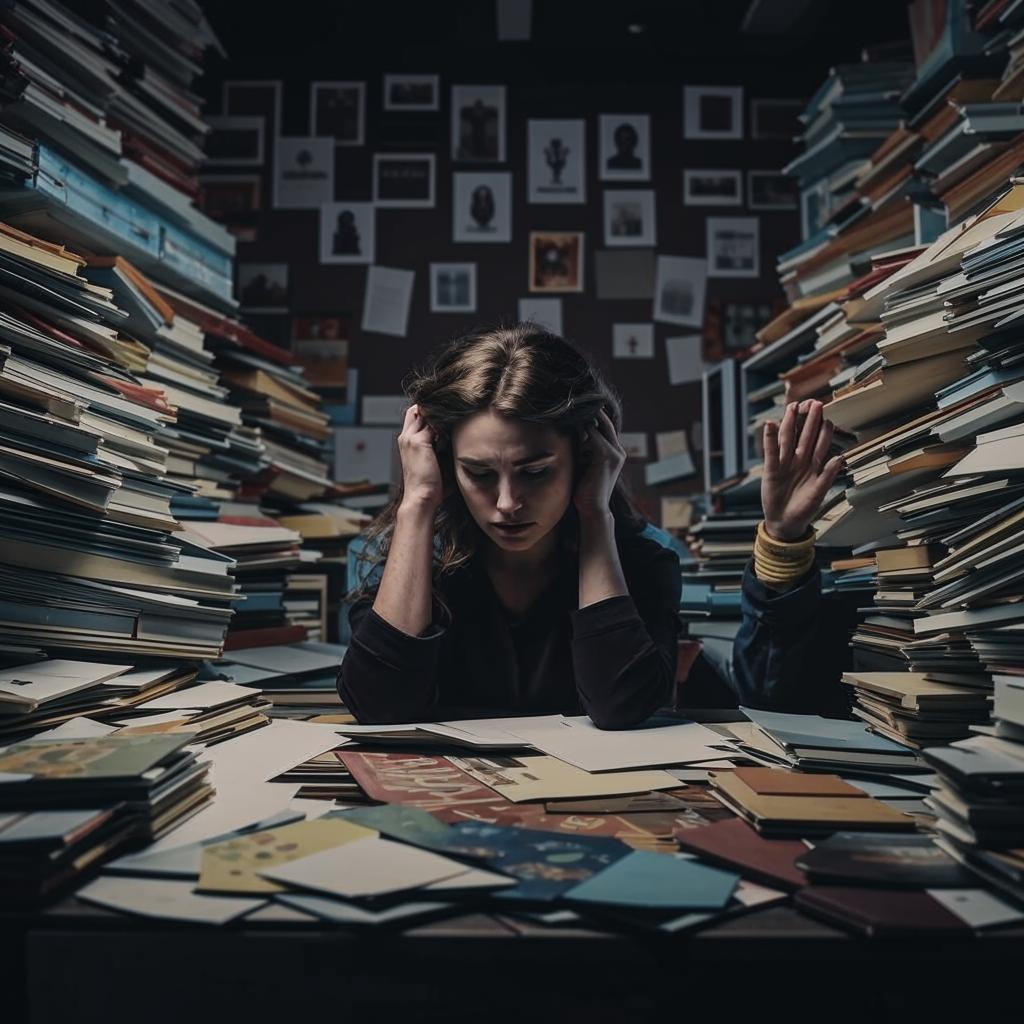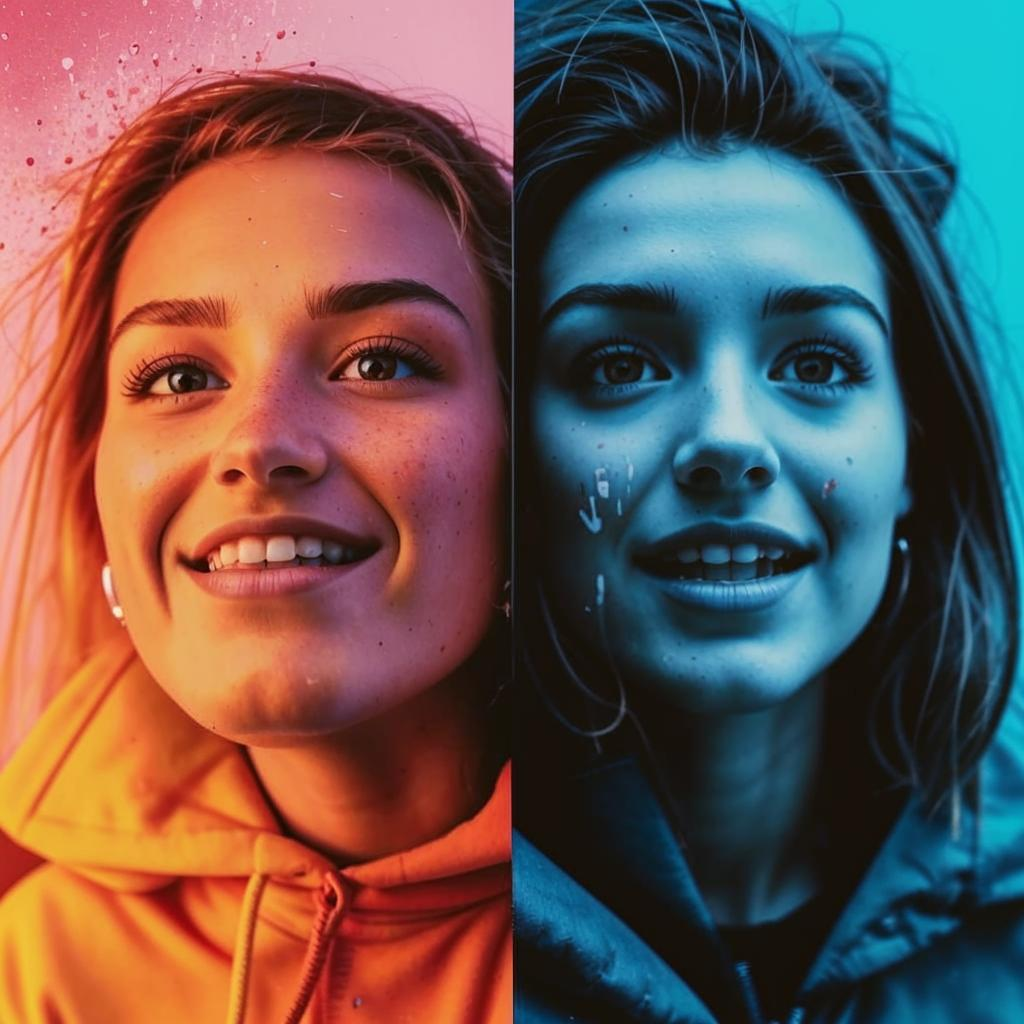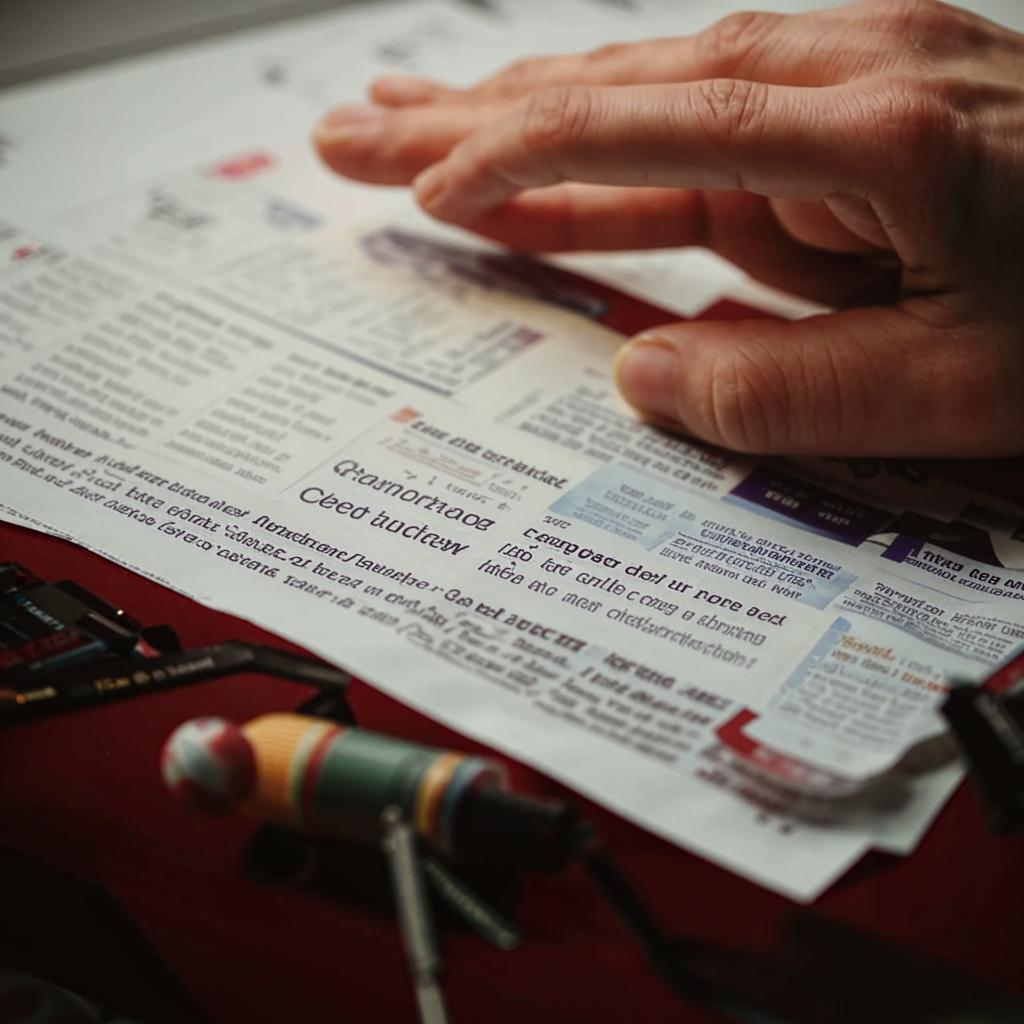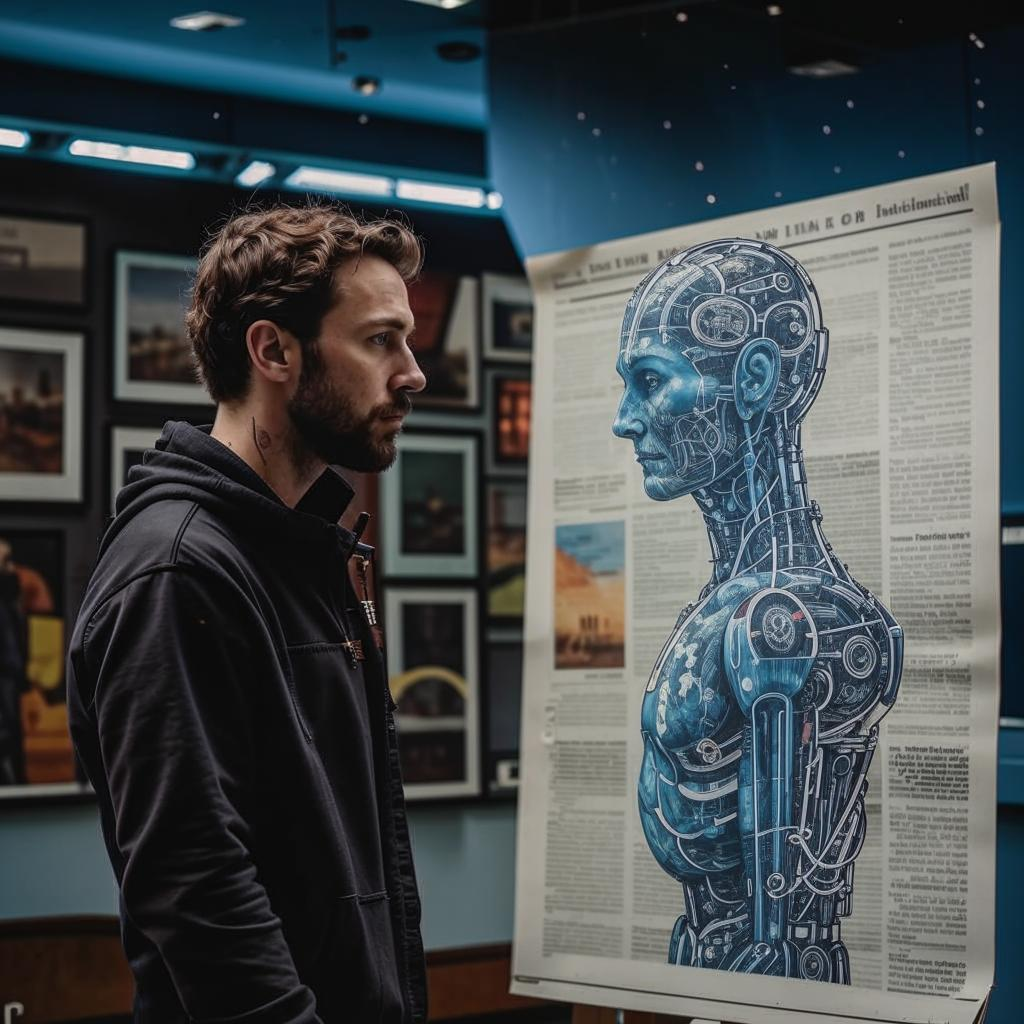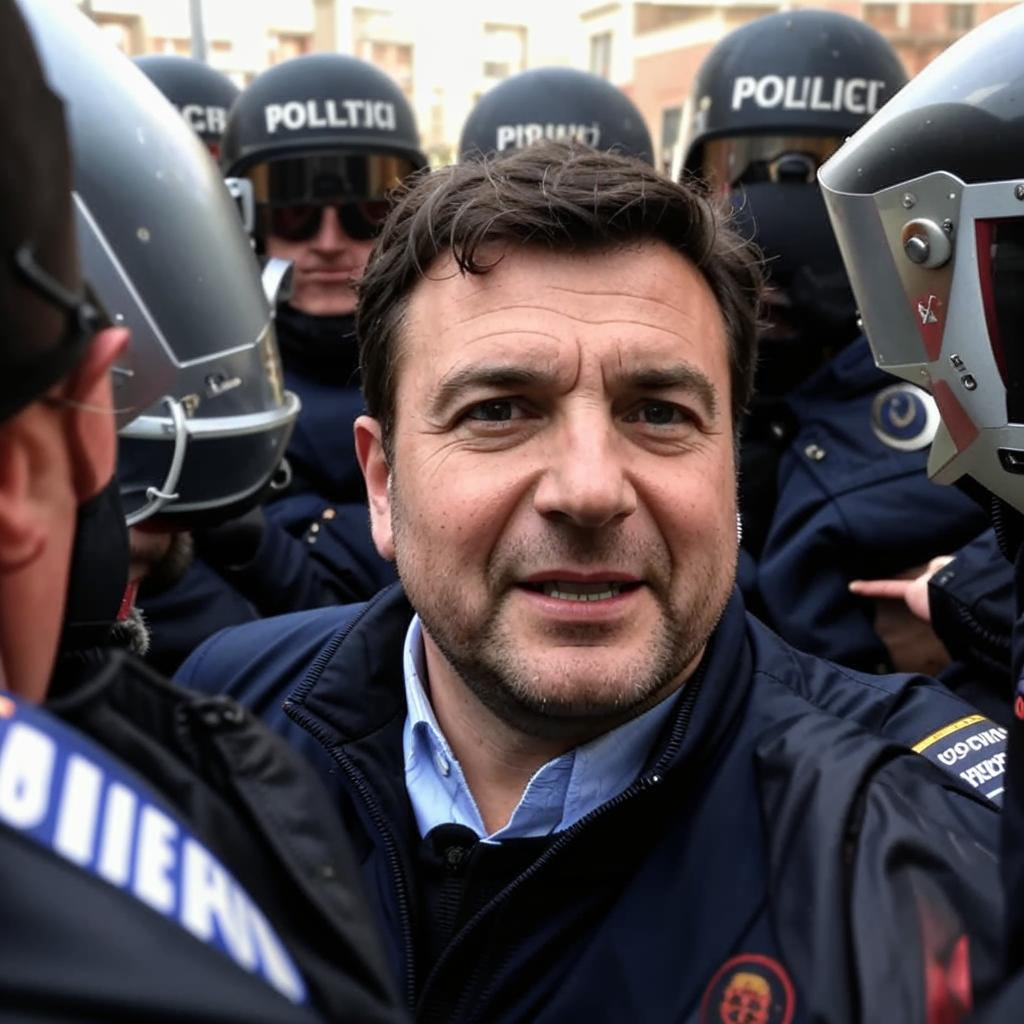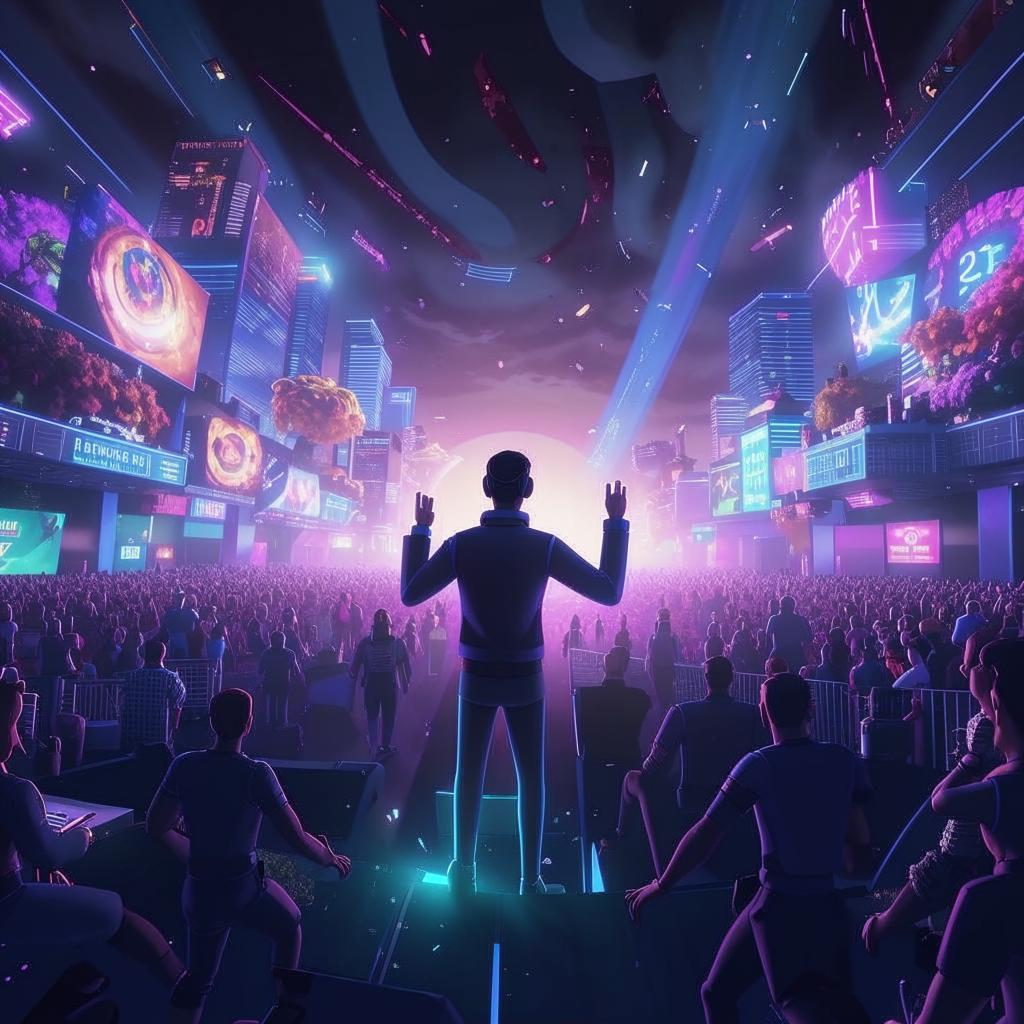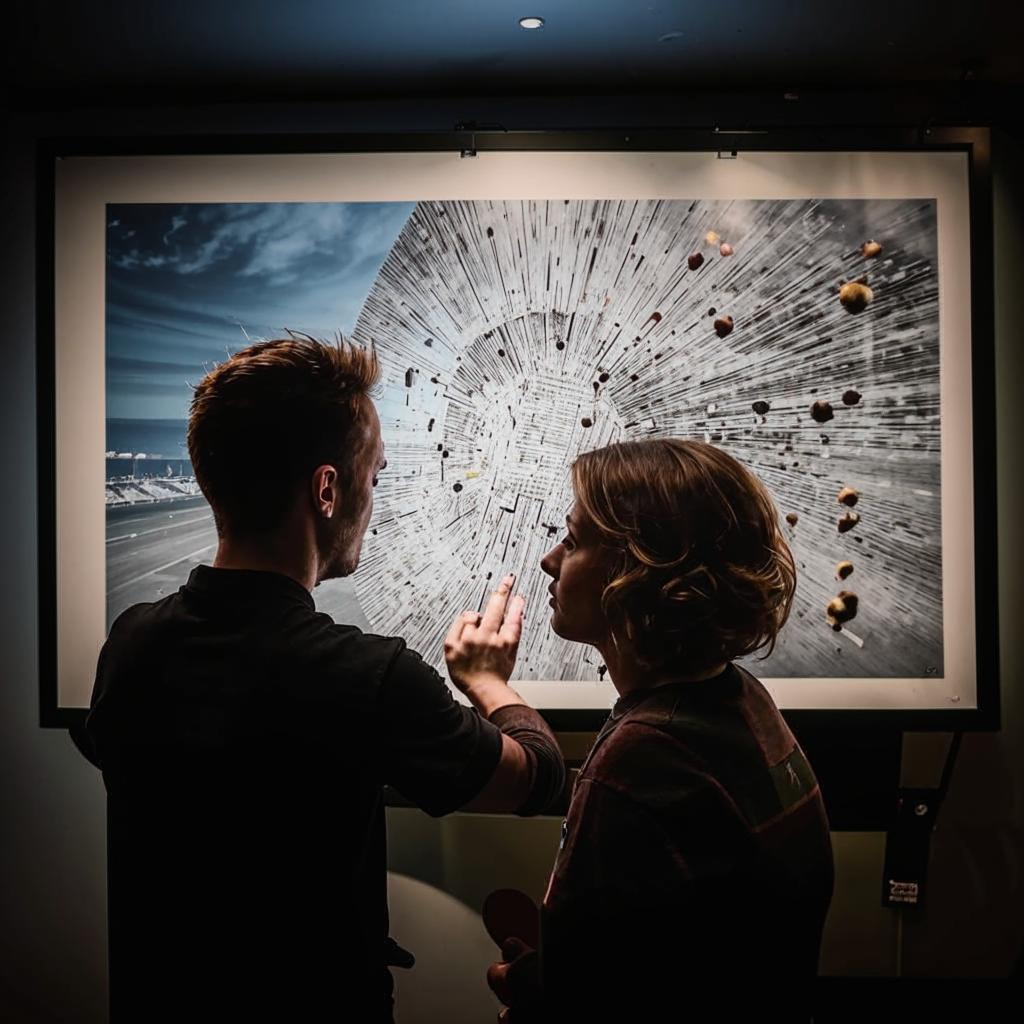The rapid proliferation of artificial intelligence (AI) is generating an unprecedented volume of content, raising significant concerns about a decline in overall quality across various creative fields. While AI excels at mimicking styles and generating outputs quickly, it often lacks the originality, emotional depth, and critical thinking that characterize human-created art, music, and writing.
The sheer volume of AI-generated content threatens to overwhelm the market. Human artists and creators may struggle to gain visibility and fair compensation in a landscape saturated with AI-produced works. This could stifle innovation and discourage individuals from pursuing creative endeavors.
Ethical considerations are also paramount. AI models are trained on vast datasets, raising concerns about plagiarism and copyright infringement. Determining the original source and ownership of AI-generated content can be challenging, leading to legal disputes and uncertainties.
Furthermore, the rise of AI-generated content poses a threat to trust in information. As AI becomes more adept at creating realistic but fake news articles, images, and videos, it becomes increasingly difficult to distinguish between authentic and synthetic content. This can erode public trust in institutions and fuel misinformation campaigns.
Addressing this “AI content overload” requires a multi-pronged approach. Developing more effective AI detection tools is crucial for identifying and flagging AI-generated content. Regulations may be necessary to address copyright issues and ensure transparency. Perhaps most importantly, there must be a renewed appreciation for human creativity, originality, and critical thinking in the digital age. Nurturing human talent and fostering a culture that values authentic expression will be essential for navigating the challenges and opportunities presented by AI. Finding a balance between leveraging AI’s capabilities and preserving the integrity of art, media, and information is paramount.
